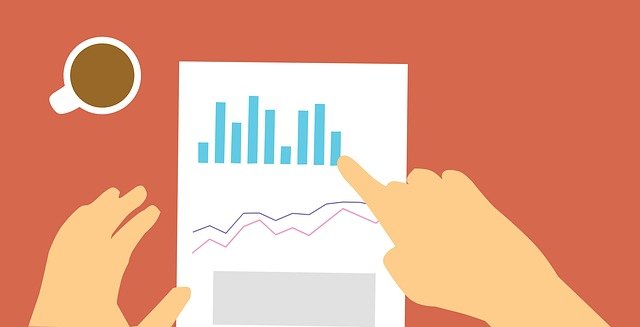
Table of Contents
Financial Health: An Overview
Financial health refers to the state of having financial stability and freedom of choice for both now and in the future. It's a fundamental metric for determining the soundness of an individual's finances - in other words, it's a measure of your total financial health. Income, spending, savings, investments, debts, credit rating, and general financial planning are all part of it.

The cost of living, the rate of Inflation, and the amount of job stability are all elements that affect your financial health. So, how do you achieve financial independence by feeling in charge of your finances? Let’s dive into the example section to learn more.
Financial Health Examples
When talking about financial health, different individuals can have different perspectives and definitions of health. For instance, a kid aged around 10, in terms of sound financial health, would be saving money to buy the favourite product or helping others, whereas, for adults in their late 20s or early 30s, financial health would be staying financially independent from parents and Investing for the future.
Financial Health Calculator
It is possible to assess an individual's financial health in a variety of ways. Listed below are a few of them:
- Steady flow of income
- Savings
- Networth
- Returns on investments
- Debt
- Expenses
Here are five simple steps to calculate your financial health.
- Estimate the value of your assets
- Evaluate debt-to-income ratio
- Look out your household and personal expenses
- Check on Investment plan aligned with your current situation
- Set clear Financial goals
Talk to our investment specialist
Why is Financial Health Important?
A person's financial health is crucial for a variety of reasons, such as:
- Lack of financial security can pave the way for anxiety.
- It will affect your relationships in case you don’t take care of yourself in both obvious and less obvious ways.
- If you can't prepare for the future, you'll have little control over your life.
- Passion costs money, too; financial health affects your passion as well.
Just because you're financially stable, it doesn't always mean that you'll have the money to go on a luxury trip or buy anything expensive. Developing a good connection with money is more important than anything else in terms of gaining financial control. When it comes to fulfilling short-term and long-term financial objectives, greater financial flexibility and independence means less stress. The ability to attain any financial objective that you put your sights on is what the aim of sound financial health is.
Tips For Better Financial Health
Here are a few financial health tips to consider for a better future:
1. Identification of Actual Needs
A thin line separates needs from wants. ‘Need’ is something you actually require for basic survival and ‘Want’ is beyond that concept; it’s not essential. So, make smarter spending decisions when you know the difference between your necessities and your wants. Think about your priorities and the things you need to survive, such as housing, food, transportation, and healthcare, before you do anything else.
2. Savings
Savings is one of the essential things you can do to achieve financial independence. When you have a long list of payments due at the end of the month, it's not always simple to set aside money for savings. Paying yourself first, though, is a good rule of thumb to follow. Automated savings can be used effectively for that. As a result, a set amount of money will be deducted from your salary and placed in your Savings Account.
3. Budgeting
Making a monthly budget is one of the crucial tips to follow. Every budget has two components: income and expenses. Make a list of your monthly expenses. You need to jot down your monthly expenses for which spreadsheets or smartphone applications are convenient options. The next thing is to stick to your budget, no matter what happens.
4. Investment
No matter how little you start with, investment is the ultimate area where money really gets to work for you, creating a future where a large portion of your income is no longer reliant on your day-to-day labour.
5. Emergency Fund
Having an emergency fund can significantly improve your financial health. The fund is the money set aside and ready to use in the event of an emergency, such as vehicle repairs or job loss or medical emergencies and so on. It should cover at least 3-6 months of living expenses.
The Bottom Line
A set of Personal Finance rules can be an invaluable tool in the quest for financial stability. These rules remain true for the financial health of a company as well. If you want a better financial future, nevertheless, it's necessary to look at the bigger picture. Your finances will become strong, flexible, and robust when you treat them the same way you treat your body and mind.
How to create a sound strategy and how to reach ever-higher financial goals have all been discussed. It’s never late to start, so head on to your journey of sound financial health now.
All efforts have been made to ensure the information provided here is accurate. However, no guarantees are made regarding correctness of data. Please verify with scheme information document before making any investment.












